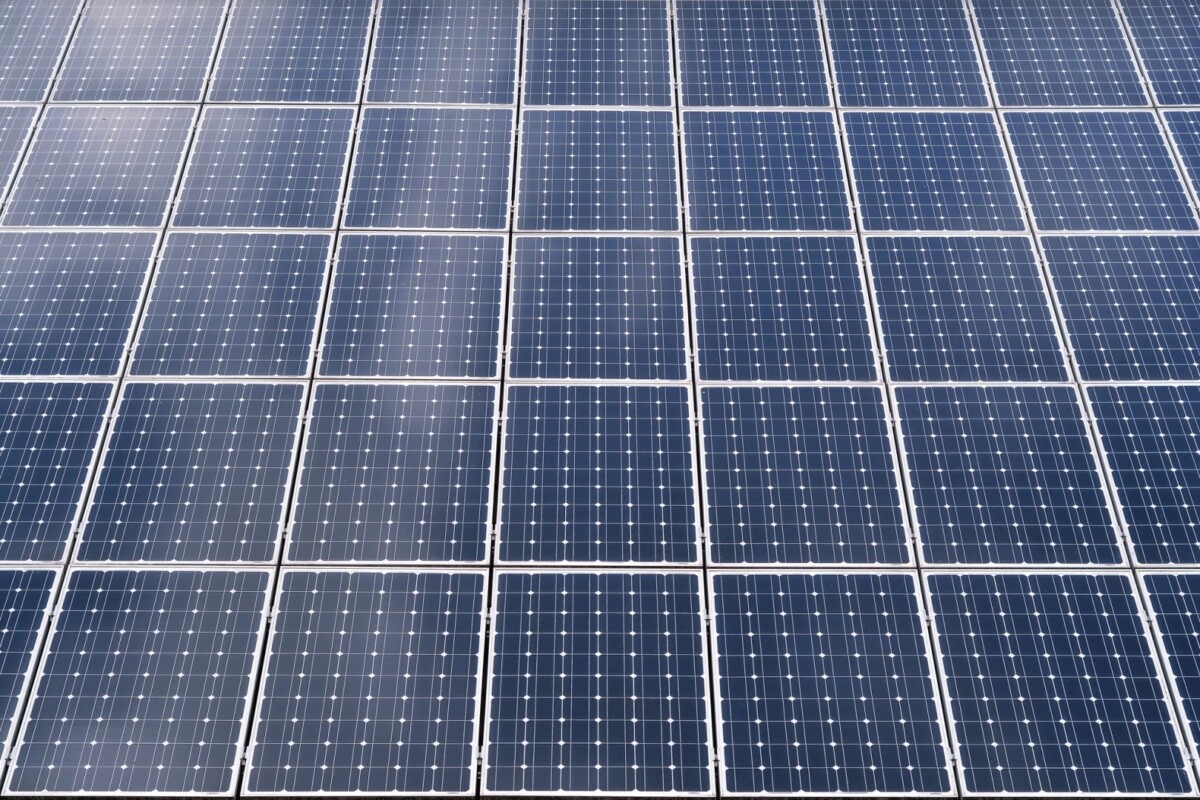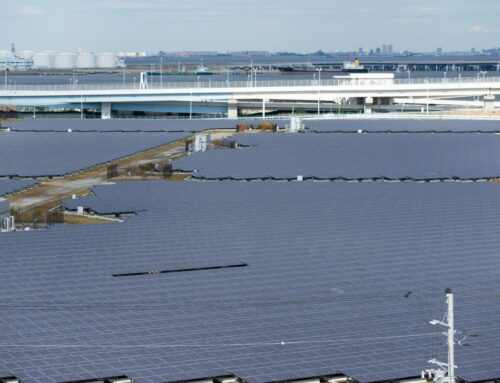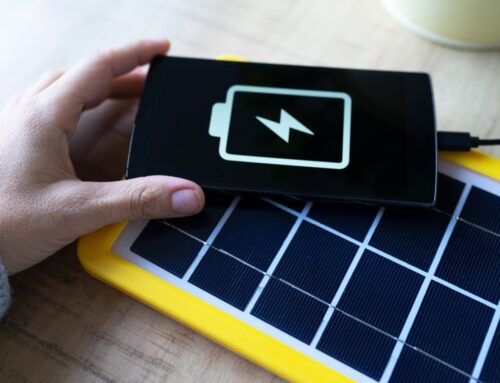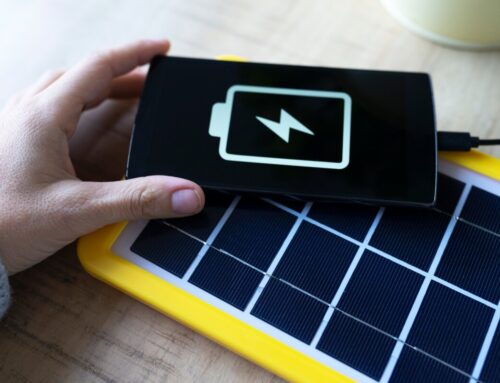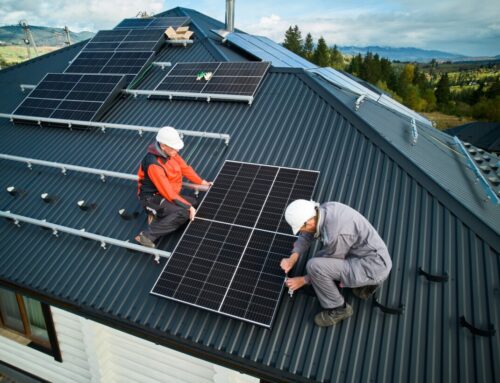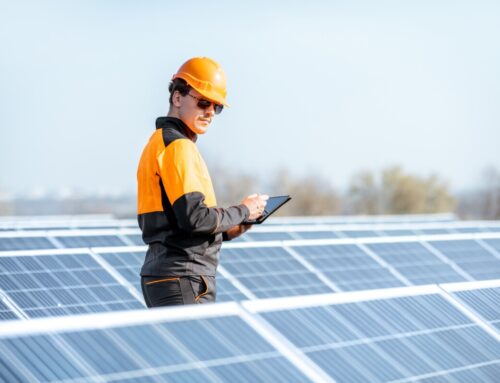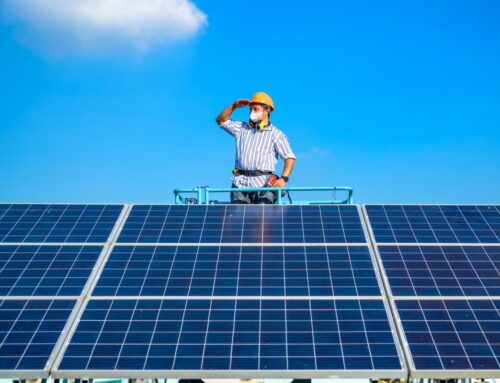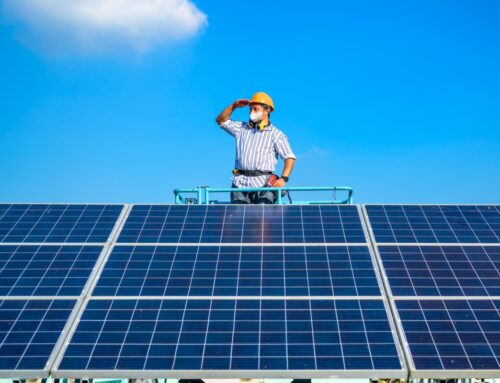Do Solar Panels Need Direct Sunlight?
Do Solar Panels Need Direct Sunlight to Function Effectively?
Have you ever wondered if solar panels need direct sunlight to work their magic? This question is crucial because it helps us understand how solar energy can be harnessed even on cloudy days. Let’s explore how solar panels function and whether they need the sun’s full attention to be effective.
How Solar Panels Work
Solar panels are like giant sun catchers. They capture sunlight and turn it into electricity. But do solar panels need direct sunlight to do this? Not exactly! While they perform best in direct sunlight, they can still generate power on cloudy days, thanks to the photovoltaic cells that absorb light.
Cloudy Days and Solar Panels
- Efficiency Drops: On cloudy days, solar panels may produce less electricity, but they don’t stop working.
- Diffuse Light: They can use diffuse light, which is sunlight scattered by clouds, to generate power.
Benefits of Solar Panels in Various Conditions
- Versatile: Solar panels are versatile and can work in different weather conditions.
- Reliable: Even without direct sunlight, they provide a reliable source of energy.
So, do solar panels need direct sunlight? Not entirely. While they love basking in the sun, they can still power your home even when the sky is gray. This makes them a fantastic choice for sustainable energy, rain or shine!
How Solar Panels Work: The Role of Sunlight in Energy Production
Have you ever wondered why solar panels are popping up on rooftops everywhere? It’s because they harness the power of the sun to create electricity. But do solar panels need direct sunlight to work their magic? Let’s dive into how sunlight plays a crucial role in energy production.
Solar panels are like giant sun catchers. They absorb sunlight and convert it into electricity. But do they need direct sunlight to do this? Not necessarily! While direct sunlight is ideal, solar panels can still generate power on cloudy days. This is because they capture different parts of the light spectrum, not just the visible light.
How Solar Panels Capture Light
- Direct Sunlight: Provides the most energy, making panels work at full capacity.
- Indirect Sunlight: Even on overcast days, panels can capture diffused light, though at a reduced efficiency.
Benefits of Indirect Sunlight
- Consistent Energy: Solar panels work year-round, even in less sunny climates.
- Versatility: They can be installed in various locations, not just sun-drenched areas.
So, while direct sunlight boosts their performance, solar panels are versatile enough to keep generating electricity without it. This makes them a smart choice for sustainable energy, no matter where you live!
Exploring the Efficiency of Solar Panels in Shaded Areas
Have you ever wondered, do solar panels need direct sunlight to work effectively? This is a common concern, especially for those living in areas with many trees or tall buildings. While direct sunlight is optimal, solar panels can still generate electricity in shaded areas, albeit with reduced efficiency.
How Solar Panels Work
Solar panels convert sunlight into electricity, functioning best under direct sunlight. However, they can also utilize diffused sunlight on cloudy days or in partial shade, allowing them to contribute to your energy needs even without full sun exposure.
Factors Affecting Efficiency
- Shade from Trees or Buildings: Partial shading can significantly decrease a panel’s output.
- Panel Technology: Some panels are specifically designed to perform better in low-light conditions.
- Orientation and Angle: Correct positioning can maximize exposure to available sunlight.
Tips for Maximizing Solar Output
- Trim Overhanging Branches: This increases the amount of direct sunlight reaching your panels.
- Consider Microinverters: These optimize each panel’s performance individually, mitigating shading effects.
In conclusion, while solar panels perform best with direct sunlight, they are adaptable enough to function in less-than-ideal conditions. By understanding and optimizing these factors, you can still enjoy the benefits of solar energy, even in shaded areas.

Curious about solar? Let us help you discover how solar energy can revolutionize your home and save you money. Request Your Free Solar Estimate at SOLAR ENERGY
Can Solar Panels Generate Power on Cloudy Days?
Have you ever wondered, do solar panels need direct sunlight to work? It’s a common question, especially for those living in areas where the sun doesn’t always shine brightly. Understanding how solar panels function can help you make informed decisions about using solar energy, even on cloudy days.
How Solar Panels Work
Solar panels are like sun catchers. They absorb sunlight and convert it into electricity. But here’s the cool part: they don’t need direct sunlight to generate power. Even on cloudy days, solar panels can still capture sunlight, thanks to a technology called photovoltaic cells.
Cloudy Days: Not a Problem!
- Diffuse Light: Clouds scatter sunlight, but solar panels can still use this diffused light to produce energy.
- Efficiency: While solar panels are more efficient in direct sunlight, they can still operate at 10-25% efficiency on overcast days.
Benefits of Solar Panels in Cloudy Weather
- Consistent Power: Solar panels can provide a steady energy supply, reducing reliance on traditional power sources.
- Cost Savings: Even with less sunlight, solar panels can lower electricity bills over time.
So, while direct sunlight boosts their efficiency, solar panels are versatile enough to keep generating power, rain or shine!
The Impact of Orientation and Angle on Solar Panel Performance
Have you ever wondered why solar panels are always facing the sun? It’s because they need sunlight to produce energy. But do solar panels need direct sunlight all the time? Let’s explore how the orientation and angle of solar panels affect their performance.
Orientation Matters
- Solar panels work best when they face the sun directly.
- In the northern hemisphere, panels should ideally face south.
- This positioning captures the most sunlight throughout the day.
The Perfect Angle
- The angle of solar panels is crucial for maximizing energy.
- A steep angle can help during winter when the sun is lower.
- Adjusting the angle seasonally can boost efficiency.
Indirect Sunlight Works Too
- Solar panels can still generate power on cloudy days.
- They capture indirect sunlight, though less efficiently.
- Even in shade, panels can produce some electricity.
In conclusion, while direct sunlight is optimal, solar panels are versatile. They can still harness energy from indirect sunlight, making them effective in various weather conditions. So, whether it’s a sunny day or a cloudy one, your solar panels are hard at work, ensuring you have the power you need.
Innovative Technologies: Enhancing Solar Panel Efficiency Without Direct Sunlight
Do solar panels need direct sunlight? It’s a common question, especially for those living in cloudy areas. While direct sunlight is ideal for maximum energy production, innovative technologies are making it possible for solar panels to work efficiently even without it. Let’s explore how this works.
How Solar Panels Work
Solar panels convert sunlight into electricity using photovoltaic cells. These cells are most effective when they receive direct sunlight. However, they can still generate power on cloudy days, thanks to advancements in technology.
Innovative Solutions
- Bifacial Panels: These panels capture sunlight from both sides, increasing efficiency even with indirect light.
- Tracking Systems: These systems adjust the angle of panels to follow the sun, maximizing exposure.
- Advanced Materials: New materials can absorb a broader spectrum of light, enhancing performance without direct sunlight.
Benefits of Indirect Sunlight
- Consistent Energy: Solar panels can produce energy throughout the day, not just when the sun is shining brightly.
- Wider Installation Options: Homes in less sunny areas can still benefit from solar energy.
In conclusion, while direct sunlight boosts solar panel efficiency, modern technologies ensure they remain a viable energy source even without it. So, do solar panels need direct sunlight? Not necessarily, thanks to these innovations!
Maximizing Solar Energy: Tips for Optimal Panel Placement
Have you ever wondered why solar panels are often placed on rooftops or in wide-open spaces? It’s because they need sunlight to work their magic! But do solar panels need direct sunlight to be effective? Let’s explore how you can make the most of your solar panels.
Do Solar Panels Need Direct Sunlight?
Solar panels thrive on sunlight, but they don’t always need direct rays to generate power. While direct sunlight is ideal for maximum energy production, panels can still work on cloudy days. They capture diffused light, though efficiency might drop a bit.
Tips for Optimal Panel Placement
- Choose a Sunny Spot: Ensure your panels are placed where they can soak up the sun for most of the day.
- Avoid Shadows: Keep them away from trees or buildings that might cast shadows.
- Angle Matters: Tilt your panels to face the sun directly for the best results.
By understanding how solar panels work, you can harness the sun’s power even on less-than-perfect days. Remember, while direct sunlight boosts efficiency, your panels are still hard at work capturing energy from the sky!
How SolarEnergy Can Help You Harness Solar Power Efficiently
Have you ever wondered if solar panels need direct sunlight to work? Understanding this can help you make the most of solar energy. While solar panels perform best in direct sunlight, they can still generate electricity on cloudy days. This means you can harness solar power even if you don’t live in the sunniest area.
Solar panels are like sunflowers—they love the sun! However, they are also quite adaptable. Do solar panels need direct sunlight? Not entirely. They can still capture sunlight reflected off surfaces or diffused through clouds. This means you can still benefit from solar energy even on overcast days.
Benefits of Solar Panels in Different Weather
- Sunny Days: Maximum energy production.
- Cloudy Days: Reduced, but still significant energy generation.
- Rainy Days: Panels get cleaned naturally, maintaining efficiency.
At SolarEnergy, we specialize in helping you maximize your solar power potential. We offer guidance on choosing the right panels and positioning them for optimal sunlight exposure. Whether you’re in a sunny or cloudy region, our experts ensure you get the most out of your solar investment.
Don’t wait to go solar! Thousands of homeowners are saving—join them and start reaping the benefits.
Book Your Free Consultation at SOLAR ENERGY
Explore additional solar solutions at NEW SOLAR QUOTES and discover how it can benefit your home!

